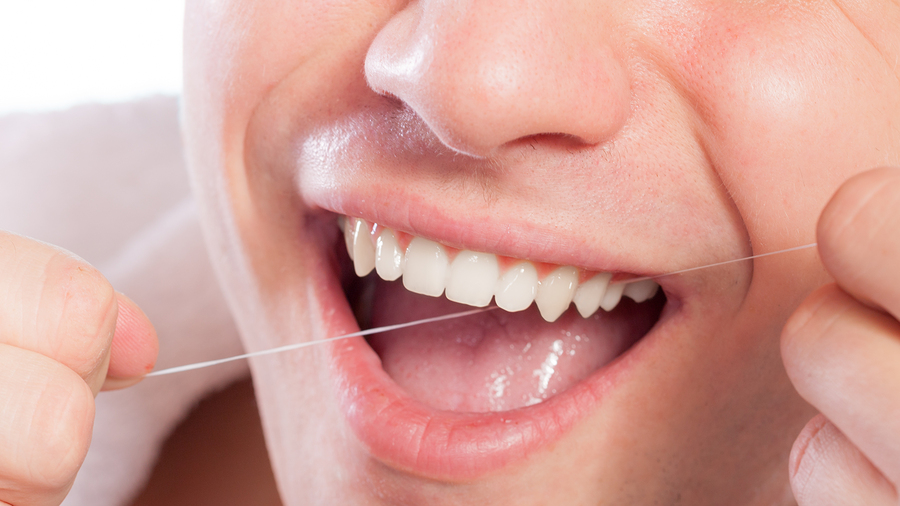Do you floss?
It seems like simple, sensible advice to improve our health : Eat five portions of fruit and vegetables a day, exercise regularly, don’t smoke, drink sensibly, and – of course – floss. Or not!
Turns out that despite being recommended by numerous scientists and universities, the effectiveness of flossing has never been researched, according to a new report from the Associated Press.
The NHS is to review guidance on flossing your teeth after health officials in the US quietly dropped the recommendation, admitting that there is no scientific evidence to show it works, and that there is no proof that flossing prevents gum disease or stops cavities. Advisers at the British Dental Association say it is largely ineffective and instead recommend “inter-dental” brushes, which are small enough to clean in any gaps between teeth.
A Public Health England (PHE) spokeswoman said it keeps “abreast of the evidence base and will consider these findings”.
She said: “Some people may not have large enough spaces in between their teeth to use an inter-dental brush, so flossing can be a useful alternative. Patients should speak to their dentist if they have any concerns.”
Current NHS guidance recommends flossing once a day but that is due to be reviewed in January.
Are you a daily flosser? How long have you flossed for? Do you use inter-dental brushes? Will you now consider changing your habits?




















